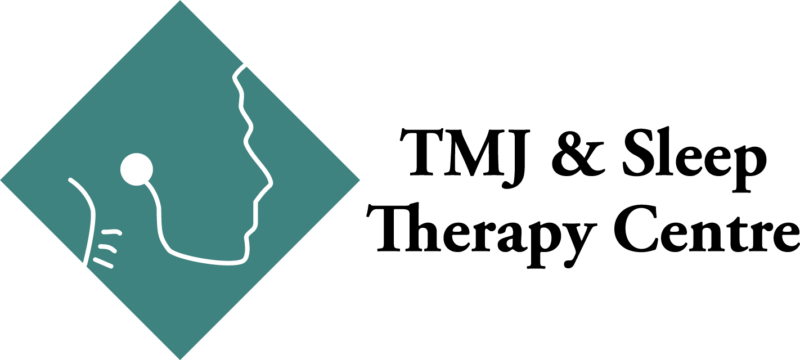Whether it’s an issue with nightmares or teeth grinding, sleep disorders can take a huge toll on the body and mind. Over 50% of Americans lose sleep as a result of stress or anxiety, but a sleep disorder can act to magnify those things and further prevent restful sleep.
The solution? Sleep therapy. Here are a few of the most commonly used methods.
SLEEP DIARY
While it’s not equivalent to a dream journal, it certainly is similar. Rather than recounting dreams, this journal details your before-bed routine, as well as how you slept and when disturbances occur. Recording these things throughout the night can be extremely helpful in identifying issues in your sleeping patterns as well as triggers for sleep disturbances.
SLEEP RESTRICTION THERAPY
This method of sleep disorder treatment might not sound very fun, but it’s often recommended to those patients suffering from insomnia. During this treatment program, patients will be restricted from taking naps or going to bed early. In doing this, the body’s sleep patterns are normalized, allowing a patient to fall asleep and get quality rest while doing so.
SLEEP HYGIENE EDUCATION
This is typically done after sleeping patterns have been observed and identified. Once all of that information is gathered, a sleep disorder center will be able to help patients create a list of dos and don’ts to perform. The best part? Each list is highly individualized based on a particular patient’s sleeping habits.
RELAPSE PREVENTION
Relapse prevention is a part of any type of therapy, and it’s especially important for sleep therapy centers to engage in. Without precautions in place, a patient could easily fall right back into the habits that made their sleep disorders problematic in the first place. With these measures in place, patients are better able to keep up with the treatment program their specialist has recommended.
Sleep disorders are nothing to joke about. Not only can they take a serious toll on the body, they can disrupt the mind, as well. If you think you’re suffering from a sleep disorder, don’t hesitate to reach out to a sleep therapist and determine which method of therapy is best for you.
